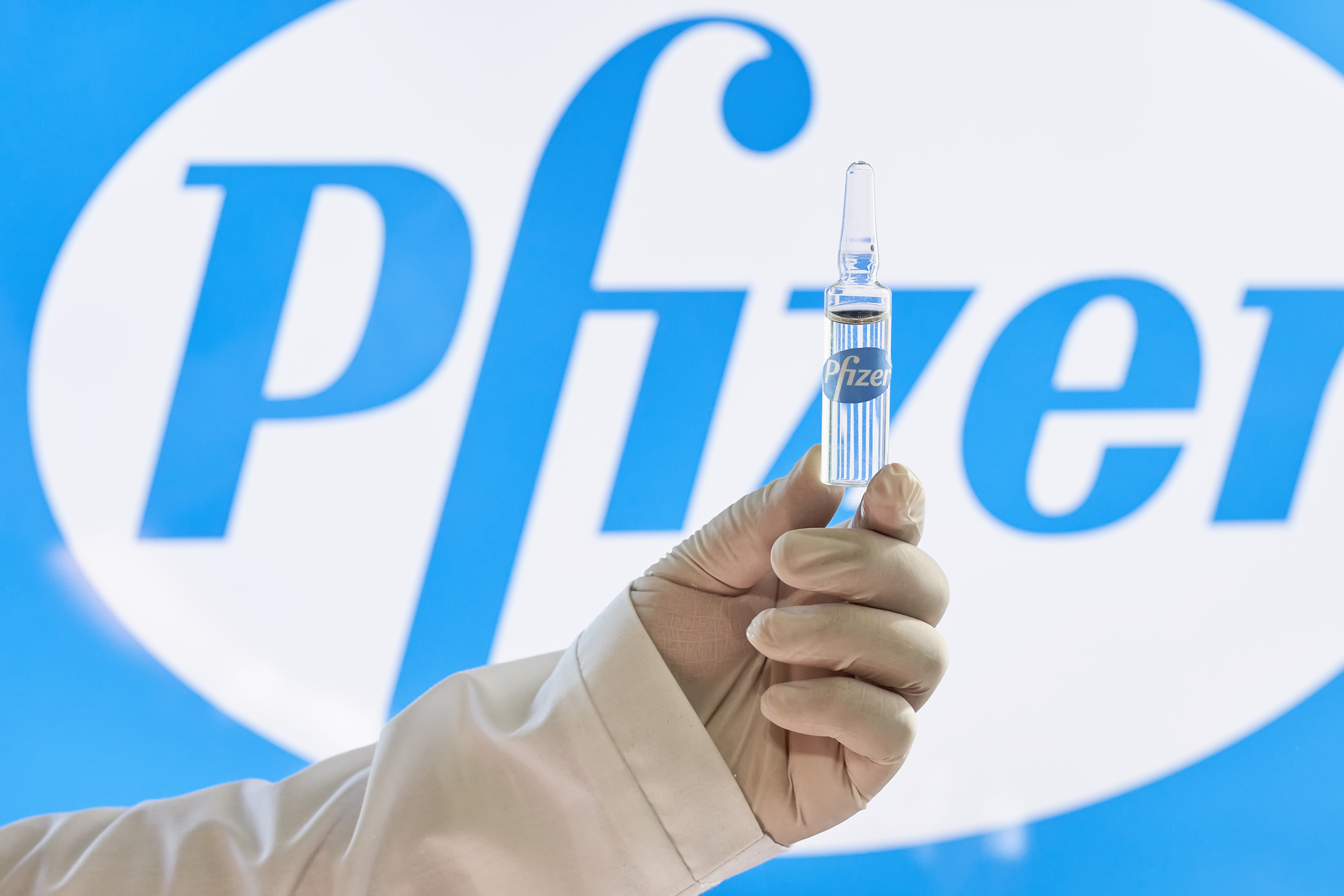

Pfizer and Moderna have enough doses to vaccinate up to 6 percent of the US population against COVID-19 by the end of the year.
But one simple change would double the number of people that get the vaccine. Instead of receiving two doses, those first in line could get one. A single shot isn’t as effective, but it does allow the immune system to defend against some amount of infection from the coronavirus. Spreading out the supply would give millions more people protection and probably save more lives—at least in the short-term.
“It is unprecedented to have this level of mortality happening on a daily basis,” says Christopher Gill, an infectious disease specialist at Boston University, referring to the current daily death rates from COVID-19. “This is the time to think about spreading the vaccine as far as possible and covering as many nursing home residents and healthcare workers as we possibly can early on to reduce mortality.”
Moderna and Pfizer aren’t testing how one dose of their vaccines compares to two, but experts can read between the lines of the available data. The initial shot of the Moderna vaccine takes two weeks to provoke an immune response, and recipients get a booster 28 days later. In the in-between time, the vaccine is 92 percent effective at preventing symptomatic COVID-19, epidemiologist Michael Mina and columnist Zeynep Tufecki wrote in the New York Times. After the second dose kicks in, the vaccine is 94 percent effective. “Two doses were better, but not strikingly better,” Gill says. It’s less clear how a single dose of Pfizer’s vaccine stacks up against a double dose, which is 95 percent effective—but Gill says the data suggests that one shot is around 90 percent effective.
Some experts are wary of this proposal, but not because of the difference in efficacy. They can’t suggest different dosing guidelines without hard hard evidence. “We don’t know anything about how long or how strong the immune response would be from a single [Pfizer or Moderna] vaccine,” said Barry Bloom, a public health expert at the Harvard T.H. Chan School of Public Health, at a press conference.
Without studies, experts can’t predict when protection from a single dose will run out. Six months down the line, vaccinated people may go into crowded areas assuming they’re safe when their protection is actually gone, and health officials wouldn’t know until it’s too late. “If scientists start guessing what the evidence should be, as opposed to building on evidence, it may save more lives in the short run,” Bloom said. “But when it wears off, we come into a very sticky problem.”
William Hanage, an epidemiologist at the Harvard T.H. Chan School of Public Health, recommends waiting for a clinical trial to make any dose changes. “Once we have collected the evidence, then we would be in a better position to be able to make those kinds of recommendations,” he said at the same press conference as Bloom. But Boston University’s Gill worries that waiting for a trial will cost lives. “We don’t have the luxury of waiting another six months,” he says. “We have to make do with the information we have.”
If healthcare providers were to move forward with a single dose without the data to back it up, Hanage fears the public may become more reluctant to receiving a COVID-19 vaccine. Some people are already concerned that companies rushed their vaccine trials, and a vaccine regimen that’s not evidenced-based could further undermine trust. And while early vaccine recipients could get a booster when supplies are less limited, it’s difficult to convince folks to come back for that second shot, especially when the follow-up is months or years down the line. To that end, the best way to spread out COVID-19 vaccines may be to develop more of them, and use them as their tested labels suggest.
